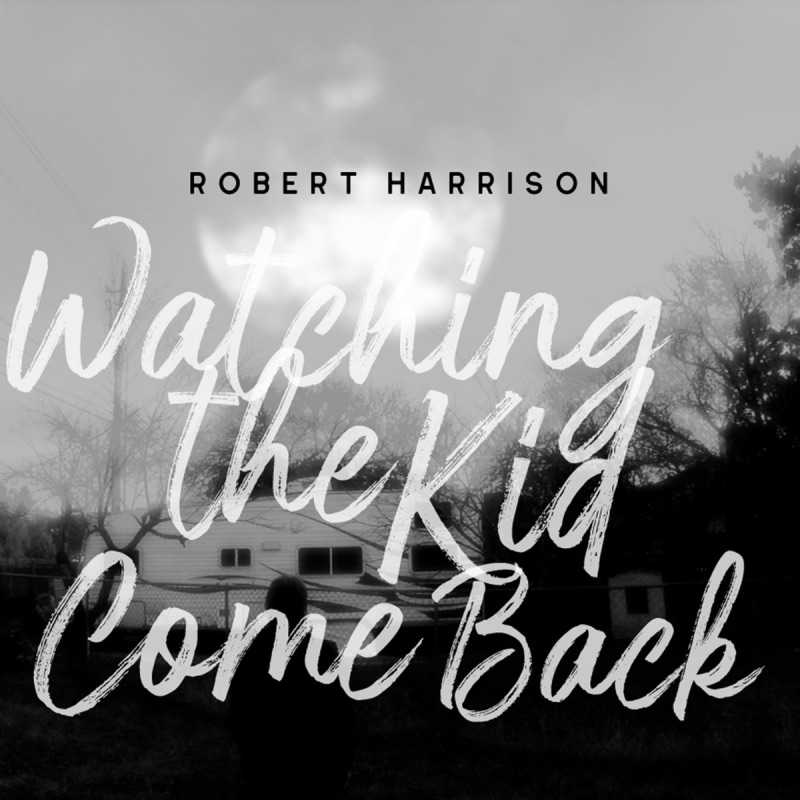
After producing music under various names for thirty years Robert Harrison – the architect behind Cotton Mather, the cult rock band from Austin, Texas (of whom the brothers Gallagher were notable advocates) – finally releases an album under his own name.
Prior to the pandemic, Harrison had decamped to a cabin in his hometown after looking for an alternative outlet following Cotton Mather’s reformation in 2012. As is surely the problem that bedevils many a middle-aged musician, a reformed band exists, whether through necessity or demand, primarily to satisfy nostalgic requirements.
Undoubtedly fulfilling (if only to right wrongs of the past) to some extent, it also stifles the artist’s creative tendencies. Combined with his bandmates’ lack of interest in touring, Harrison opted to go alone for a spell.
As it transpired, relocating to his cabin was an unknowingly insightful move, with the worldwide shutdown occurring soon afterwards. Alone, emotional and vulnerable, the ten tracks selected for inclusion on Watching The Kid Come Back may not contain many surprises but, as a distillation of his work and (unashamed) influences, it shines brightly within his canon.
His crisp guitar proficiency is front and centre on the whimsical Face In The Crowd, with drums, guitar and strings all delivered subtlety when bombast was surely a temptation, while the atmospheric slide guitar (sprinkled across the album) features most prominently on the title-track. In contrast, the slide splits the ears on Stella Not Too Late, accompanied by a gentle rattle of drums and his trademark warm, soothing melodies.
Throughout his career, Harrison has frequently concocted a unique mix of Americana and The Beatles; the guitar fuzz and (George) Harrison-esque outro on Real Life Satyr (which adds gumption after a weary start) sustain the former, as does the melodic structure and overall jauntiness of Battle Royale, along with the Lennon-y double-tracked vocals on the title-track.
Cool Water Blue Rain is the finest example of country/Americana, resplendent with harmonies delivered by Betty Soo, and has a desperate quality reminiscent of Ryan Adams’ finest hour, Love Is Hell (are we allowed to talk about him now?), while Harrison’s finesse on the guitar comes out again on Great Auk Stories. While there are many moments of contemplation, the likes of the swinging Ah Wilderness ensure the album doesn’t drown in melancholia.
In tandem with Suzanna Choffel, the splendid Someday We’ll Be Together (a Johnny & Jackey composition, later made a chart-topper by The Supremes) is given new context by the isolation of 2020, but loses none of its luscious power as a result.
In his other musical ventures, Harrison experiments and produces as he feels is appropriate. By stripping everything back and putting his songwriting front and centre, Watching The Kid Come Back is a reminder of what a fearsome but unheralded talent he is.



